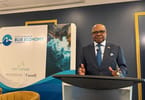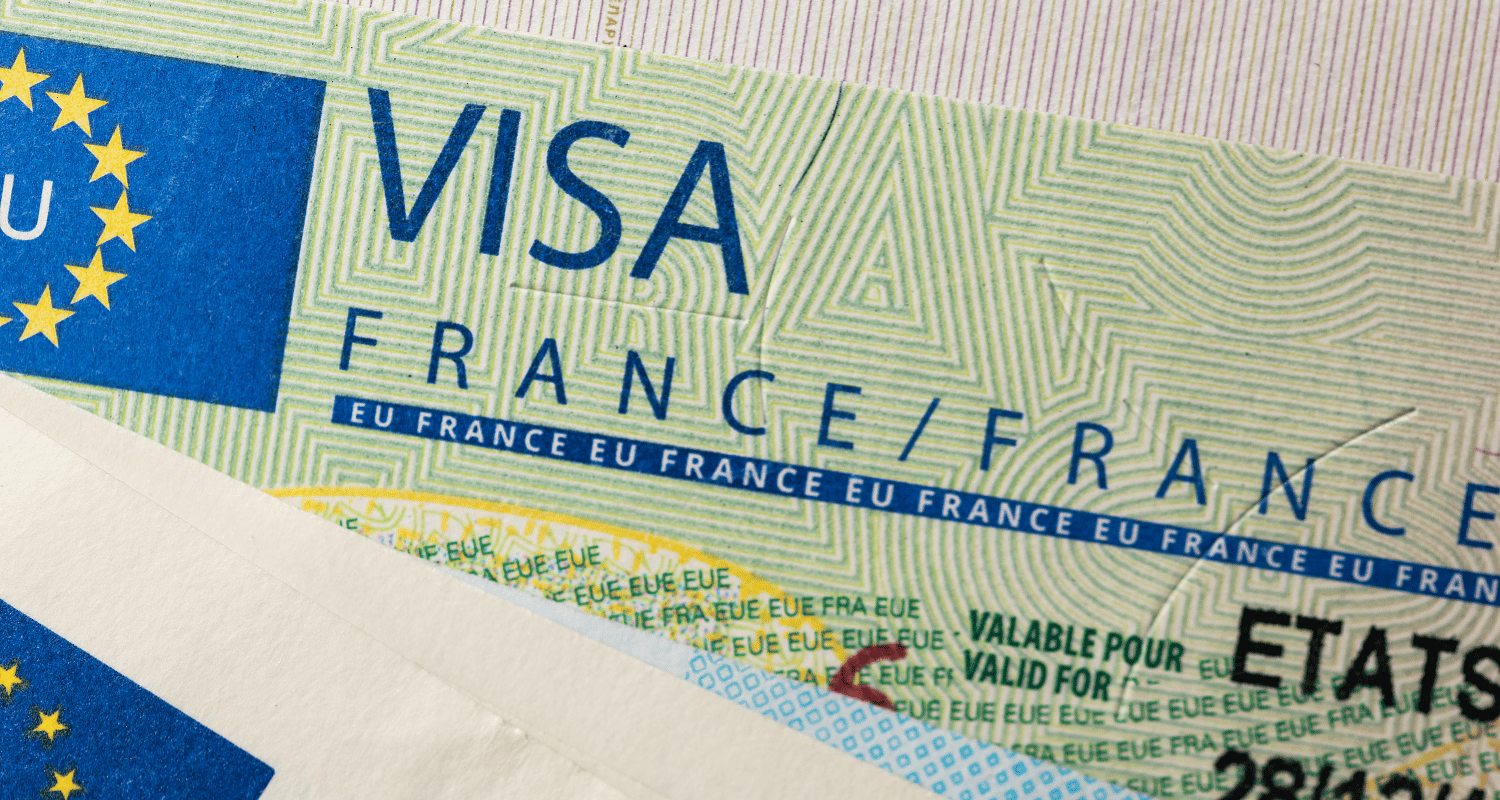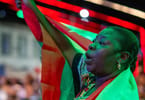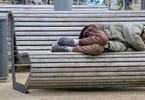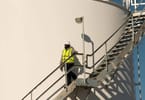At a time when the world is desperate to rid itself of the dreaded COVID-19 coronavirus the World Health Organization (WHO) has been heavily criticized for not taking up an offer of help from a government which could play a critical role in finding a cure. This is the island of Taiwan which – despite having a world-class medical and public health system – has long been excluded from UN organizations, such as WHO, because of pressure from China which considers the self-ruled, democratic island to be part of the mainland and tries to isolate it from the rest of the world. Although Taiwan has a population of 24 million, it has far fewer infections than its neighbors, winning praise for its early and so far effective measures to control the virus, especially compared to many other countries in the region How is Taiwan winning the COVID-19 battle?
The Taiwan government is keen to share its experience of how it has managed to keep the coronavirus infection and fatality rates low compared to China and the rest of the world. Taiwan’s Minister for Foreign Affairs, Jaushieh Joseph Wu, in an interview with Fox Business News, said valuable lessons had been learned from dealing with severe acute respiratory syndrome (SARS) in 2003. This had helped Taiwan to formulate its strategy for combatting coronavirus (COVID-19). According to the minister, the government started to take action in late December last year when it learned that there were cases of pneumonia of unknown cause in Wuhan. The island moved fast to seal off the threat of COVID-19 coming from China. Taiwan’s health authorities in coordination with the Central Epidemic Command Center drew up a strategy combining early intervention, big data and AI, and daily press briefings – keeping the situation under control and the public informed every step of the way. Mr. Wu said Taiwan’s single payer healthcare system, a social insurance plan that centralizes the disbursement of healthcare funds, ensures that those who do contract the coronavirus need not worry about receiving treatment.
The World Health Organization has rejected protests from Taiwan that it was being intentionally ignored. Taiwan has accused the global body of failing to respond to its request for information when the virus broke out, arguing that this put lives at risk at a time when global co-operation was crucial. It is stepping up calls to be given observer status so that it can use its expertise to help other countries to deal with the pandemic.
The WHO came in for considerable flak when during a recent interview a senior spokesman appeared to ignore a question by a TV interviewer who asked whether, in light of the corona outbreak, the international body might consider admitting Taiwan as a member. Critics maintain that the WHO should be holding up Taiwan as an amazing success story in slaying the COVID-19 battle, and accusing the organization of allowing itself to be controlled by China.
China is getting a bad press internationally for the recent expulsion of at least 13 US foreign correspondents for what Beijing perceives as negative reporting of the epidemic. Reporters Without Borders (RSF) has urged the government to reverse the decision insisting that independent reporting is now more critical than ever in the fight against the coronavirus. Taiwan has, not surprisingly, seized the opportunity to take advantage of China’s hostility to American and other foreign reporters by inviting them to use the island as a base where they will be greeted ‘with open arms and lots of genuine smiles’ in a state that is considered to be a beacon of freedom and democracy.
The United States remains Taiwan’s most influential and staunchest ally while most other countries have responded to Beijing’s one China policy by choosing not to open diplomatic links with Taipei. At this unprecedented time, with the number of infections and deaths caused by COVID-19 continuing to surge, Washington is urging WHO to reconsider its stand on Taiwan and allow it to make an active contribution to efforts to end this devastating pandemic. On Monday, U.S. Secretary of State Mike Pompeo said the State Department will “do our best to assist” Taiwan’s “appropriate role” in the world’s highest health-policy-setting body. His remarks provoked a strong objection from the Chinese foreign ministry which warned of countermeasures if the US persisted in pursuing this line.
Taiwan’s Vice President Chen Chien-jen, who has travelled to Geneva to petition for Taiwan’s participation in the WHO – has made an impassioned plea for giving Taiwan that opportunity. He told Taiwan Business TOPICS magazine: “We want to help – to send out our great doctors, our great researchers, our great nurses – and to share our knowledge and experience with countries that need it.” He added, “We want to be a good global citizen and make our contribution, but right now we are unable to.” Taiwan’s President Tsai Ing-wen has said that the government expects to spend a total of $35 billion to deal with the crisis. While countries and cities across Asia are tightening their borders and imposing stricter containment measures, fearful about a wave of new infections imported from elsewhere, Taiwan has repeatedly offered to share its knowledge and experience in this COVID-19 battle. As part of its “Taiwan can help” campaign the government announced this week that it would donate 10 million face masks to the most needy countries.
The re-election in January this year of Tsai Ing-wen, a China sceptic, as President sent a clear signal that the one country two systems model favored by Beijing has no attraction for voters in Taiwan. The Chinese government has been advocating for this system to be adopted by Taiwan in the future. Having seen the handling of the demonstrations by pro-democracy activists in Hong Kong last March, people in Taiwan are more determined than ever to maintain their independence. In spite of their political differences, Taiwan and China have extensive economic and trade links. It might help China to repair its negative international image by demonstrating that at this critical time, it is willing to put its animosity aside and collaborate with Taiwan to help end a scourge that threatens both countries as well as the rest of the world.
WHAT TO TAKE AWAY FROM THIS ARTICLE:
- Taiwan has, not surprisingly, seized the opportunity to take advantage of China's hostility to American and other foreign reporters by inviting them to use the island as a base where they will be greeted ‘with open arms and lots of genuine smiles' in a state that is considered to be a beacon of freedom and democracy.
- At a time when the world is desperate to rid itself of the dreaded COVID-19 coronavirus the World Health Organization (WHO) has been heavily criticized for not taking up an offer of help from a government which could play a critical role in finding a cure.
- The WHO came in for considerable flak when during a recent interview a senior spokesman appeared to ignore a question by a TV interviewer who asked whether, in light of the corona outbreak, the international body might consider admitting Taiwan as a member.



